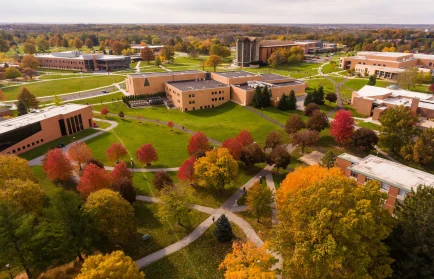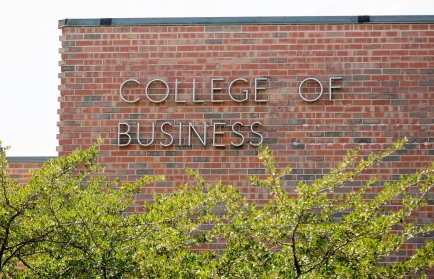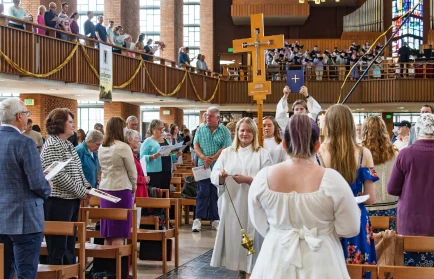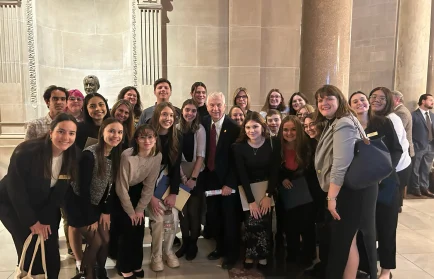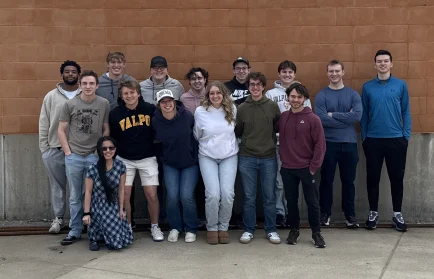The readings for this year are drawn from a two-week study abroad seminar in Cambridge UK, led by Professor Matthew Puffer in the 2024 spring semester. The texts selected are meant to represent a variety of ways that human beings have understood the relationship between science and religion. Each offers a different perspective. Some examine the emergence of modern science and religion as distinct from what they would have meant to ancients, others trace the changed relationship between science and religion as one or the other concept evolved. Each affords a distinct vantage that collectively troubles any simplistic conflict vs. complimentary binary. They also move us beyond merely controversial issues and advance the more constructive dialogues that have taken place between religious and non-religious persons, theologians and scientists. The texts engage topics such as cosmology, evolution, ecology, human freedom, and morality—themes that have shaped the way humans have understood themselves, the natural and supernatural world, God, religion, and science. Implicitly and explicitly, these texts tell somewhat different stories about the development of religion, science, and their relation—sometimes competing, sometimes complimentary stories—and each draws variously upon ancient, medieval, and modern history, figures, and ideas of discovery, innovation, and revolution. As always, read carefully, interpret responsibly, and discuss thoughtfully!
SYLLABUS
TEXTS
1. Peter Harrison, selections from The Territories of Science and Religion (2015)
2. Max Weber, “Science as a Vocation” (1917)
3. C.S. Lewis, selections from The Discarded Image: An Introduction to Medieval and Renaissance Literature (1964), “The Funeral of a Great Myth” in Christian Reflections (1967), “Religion and Science” in God in the Dock: Essays on Theology and Ethics (1970)
4. Dietrich Bonhoeffer, selections from Letters and Papers from Prison (1945)
5. Thomas Kuhn, “The Function of Dogma in Scientific Research” (1960), “The Nature and Necessity of Scientific Revolutions” and “Progress Through Revolutions” in The Structure of Scientific Revolutions (1962)
6. Lynn White, “The Historical Roots of Our Ecologic Crisis,” Science (1967)
& Pope Francis, Laudato si’ (2015)
7. Lorraine Daston, selections from Against Nature (2019)
& David Wallace-Wells, “The Uninhabitable Earth” (2017)
